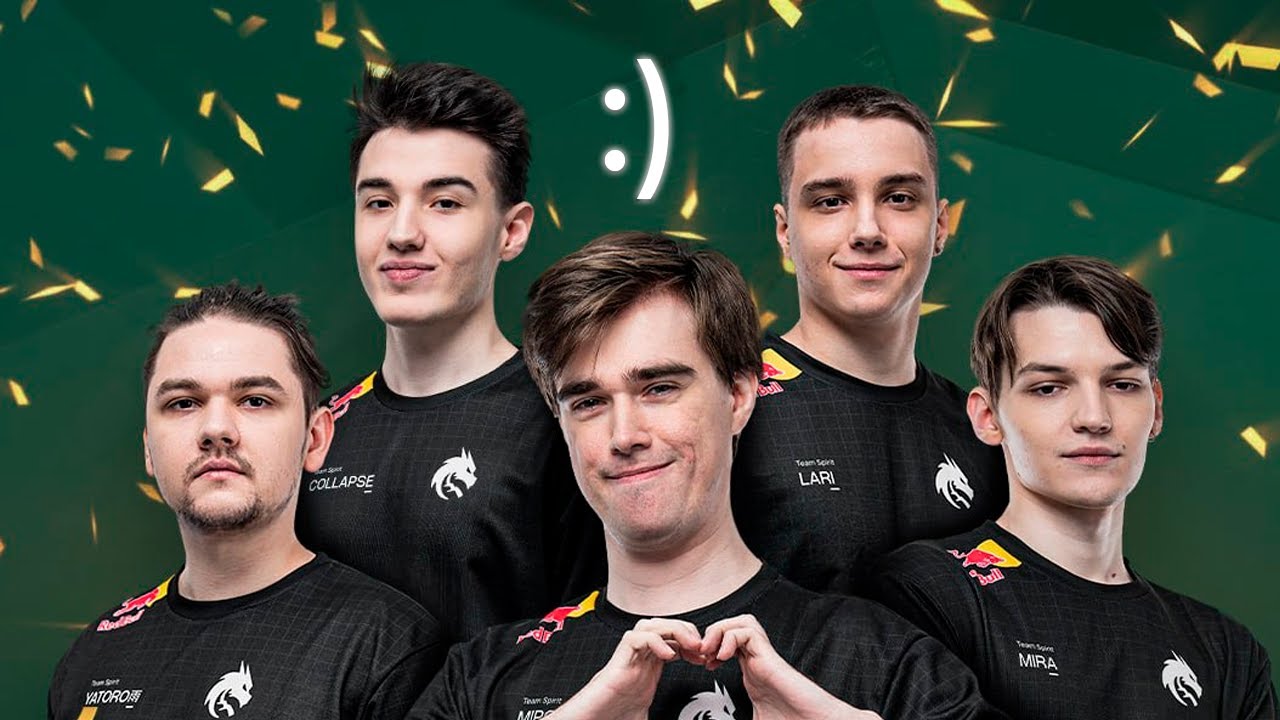The world of professional esports often conjures images of meteoric rises, packed arenas, and substantial prize money. Yet, beneath the glamour lies a less discussed reality: the transient nature of fame and the critical importance of financial foresight. This dichotomy has been sharply highlighted by the recent circumstances surrounding Ilya “Lil” Ilyuk, a well-known Dota 2 professional, whose reported shift to courier work has sparked a robust conversation within the community, led by veteran caster Yaroslav “NS” Kuznetsov.
The Unexpected Turn: A Pro Gamer`s New Vocation
Ilya “Lil” Ilyuk, a name synonymous with high-level Dota 2 play, particularly during his tenure with teams like Virtus.pro, recently disclosed a surprising new career path: a courier. His posts online detailed earnings of approximately 12,400 Russian rubles (around $130 USD) for 8.5 hours of work, alongside glimpses into what appear to be modest living conditions, reportedly a trailer. This stark contrast to the millions typically associated with elite esports careers has left many bewildered.
Lil`s professional journey is certainly decorated. Public records suggest he amassed close to $936,000 in prize money throughout his Dota 2 career. While NS shrewdly points out that professional players rarely pocket the entire sum – estimating a net gain closer to $500,000 after organizational cuts and taxes – this figure remains substantial. Furthermore, Lil enjoyed what NS described as “very good” salaries, especially during his time with Virtus.pro`s “golden roster,” which was renowned not only for its tournament victories but also for offering some of the highest salaries in Dota 2 at the time. Subsequent stints with teams like NAVI and Winstrike also promised respectable compensation.
NS`s Candid Critique: A Lesson in Financial Illiteracy
It`s this backdrop of significant earnings that makes Lil`s current situation particularly perplexing to NS. In a recent livestream, the veteran caster articulated his astonishment, questioning how such a considerable sum could seemingly evaporate, leading to a life in a trailer and a job typically associated with entry-level wages. NS`s analysis swiftly moved beyond mere surprise to address a systemic issue he believes plagues both esports and traditional sports: widespread financial illiteracy.
“How can one manage to simply [squander] all the money to live in some trailer? This is just wild, it’s very strange. No, you can lose anything, of course, but how little do people think a step ahead.”
His commentary underscores a prevalent blind spot among young athletes thrust into sudden wealth. Without proper guidance or a pragmatic understanding of financial planning, substantial earnings can quickly dwindle, leaving individuals unprepared for the inevitable end of their competitive careers. The fast-paced, high-pressure environment of professional gaming often leaves little room for developing such vital life skills.
The Unheeded Advice: Fans, Future, and Foresight
Adding another layer to his observations, NS recounted a past conversation with Lil, where he attempted to impress upon the player the crucial role of fan engagement and the broader ecosystem surrounding professional gaming. Lil, according to NS, genuinely struggled to grasp this concept, viewing his success purely through the lens of in-game performance and tournament victories.
“Back then, I tried to explain to Lil that without his fans, he’s [irrelevant] to anyone. He genuinely didn’t understand this, like: ‘I play Dota and win tournaments. What do viewers have to do with me? How are they connected to me?’ If someone else had tried to explain the correlation, maybe he would have understood that one day he might stop getting money for playing Dota, and if he doesn`t think about how he`ll live after that, there could be problems.”
This anecdote is particularly telling. It highlights a common disconnect: the belief that raw talent and competitive success alone guarantee lifelong stability. NS`s point was prescient: the symbiotic relationship between players, fans, and the broader community is what sustains the esports industry. Neglecting this relationship, or failing to leverage one`s platform for long-term growth (be it through streaming, content creation, or branding), can leave players vulnerable once their competitive prime fades.
Beyond Lil: A Systemic Challenge for Esports Professionals
Lil`s story, while personal, serves as a microcosm of a larger issue within the esports landscape. Unlike traditional sports with established players` unions, pension plans, and often robust financial advisory services, esports is still relatively nascent. Many young players, often barely out of their teens, sign contracts and earn significant sums without adequate financial education or long-term planning support. The short career span of most professional gamers (often peaking in their early to mid-twenties) further exacerbates this challenge, leaving a vast majority of former pros facing a long post-retirement life without the substantial savings required for financial independence.
Other community figures have also weighed in, with streamer Alexander “Nix” Levin suggesting Lil might be positioning himself as a victim. While motivations are open to interpretation, the core message from NS remains a vital one: personal responsibility in financial management is paramount, and the esports industry, as a whole, might need to do more to equip its young stars with the tools for sustainable success, both on and off the digital battlefield.
The saga of Lil serves as a potent reminder that a “golden era” of earnings in esports does not automatically translate into a golden retirement. It’s a compelling argument for current and aspiring professional players to prioritize financial literacy, seek wise counsel, and understand that their career extends far beyond the final in-game kill. For the industry, it`s a call to action: to foster environments where financial education is as integral as strategic coaching, ensuring that the dreams of young gamers don`t end in unforeseen hardship.

